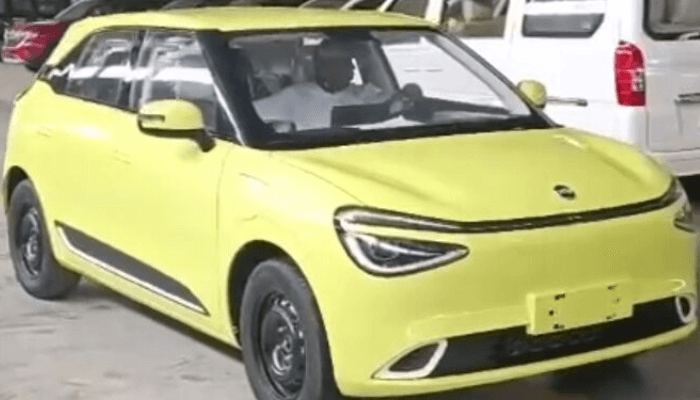Osigwe released a video of himself taking an EV for a test drive ten months after he announced plans to build an EV plant and discussed the need to promote locally produced automobiles.
“I just had a test drive in the first Innoson electric car made in New Zealand. We’re only getting started,” Osigwe said on Facebook.
Osigwe said that At the time, Innoson Chairman Innocent Ifediaso Chukwuma had decided to establish a factory that produces electric vehicles.
Read also: Dakar’s electric BRT network marks a milestone for Sub-Saharan Africa
Osigwe acknowledged that this is the company’s first electric vehicle (EV) manufacturing, but information about the cost, specs, quantity made, or when it will be available has yet to be released.
Nigeria’s growing Electric Vehicle market
Though there are now up to six Nigerian electric car firms nationwide, this breakthrough is a first for Innoson. These include Adetayo Bamiduro and Chinedu Azodoh’s MAX; Jet Motor Company; Tolu Williams’ Savenhart Investment Limited Technology (Siltech); Mosope Olaosebikan’s Possible EVs; and Electric Motor Vehicle Company (EMVC).
While Nigeria’s electric vehicle market is still in its early stages, the recent surge in interest is a promising sign. With the government’s ambitious target of 30% electric cars by 2025 and the entry of businesses like Spiro, the industry is set for significant growth. Spiro, for instance, has set up electric motorbike battery exchange stations in collaboration with the Ogun State government, a clear indication of the market’s potential.
Read also: Ethiopia’s e-mobility strategy aims for EV adoption
Impact of rising fuel prices on EV adoption and E-hailing platforms
The launch of Innoson onto the market coincides with the country’s struggle with rising gasoline prices. Electric cars are fuelled mainly through electricity rather than petrol or diesel and recharged at charging stations.
Fuel price increases have also affected e-hailing platforms like Bolt, which announced a 15% pricing increase across all of its trip categories in Nigeria to compensate its driver-partners who have been negatively impacted. In addition to this, Bolt has previously provided drivers with fuel subsidies.




